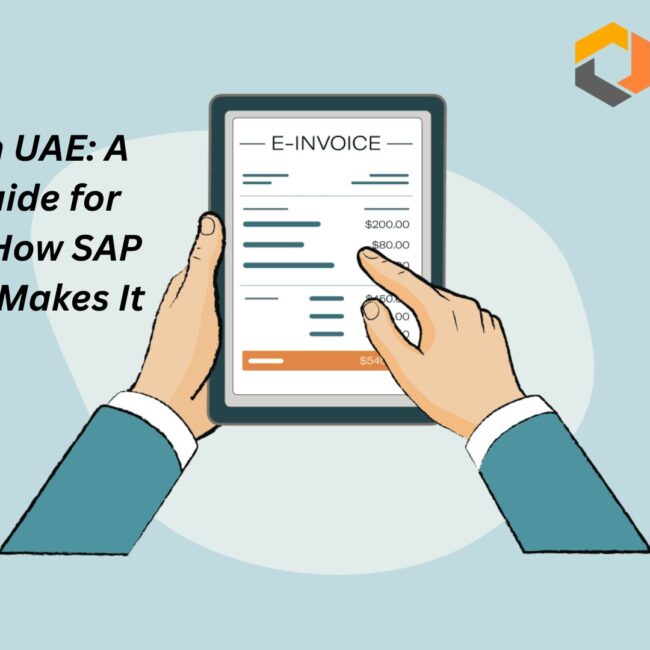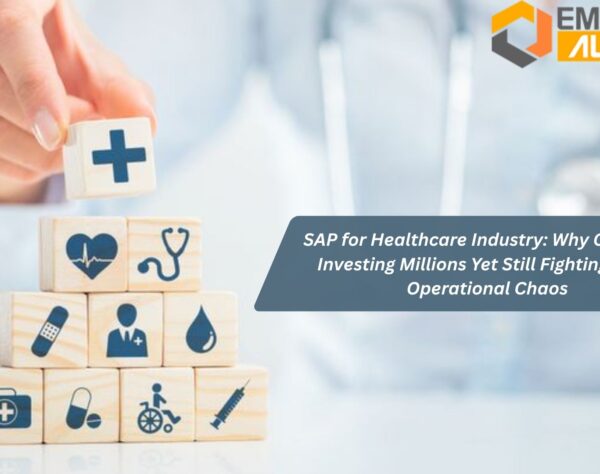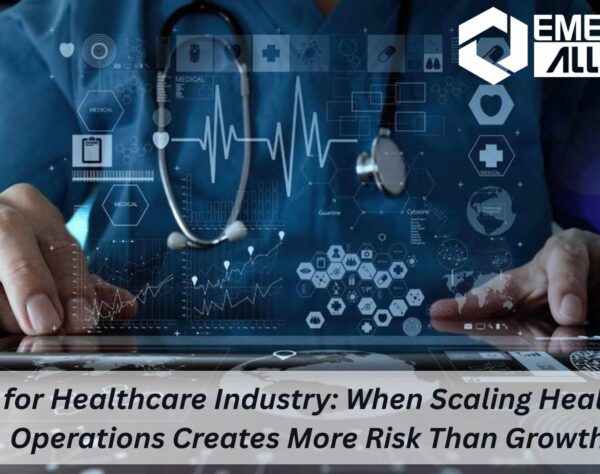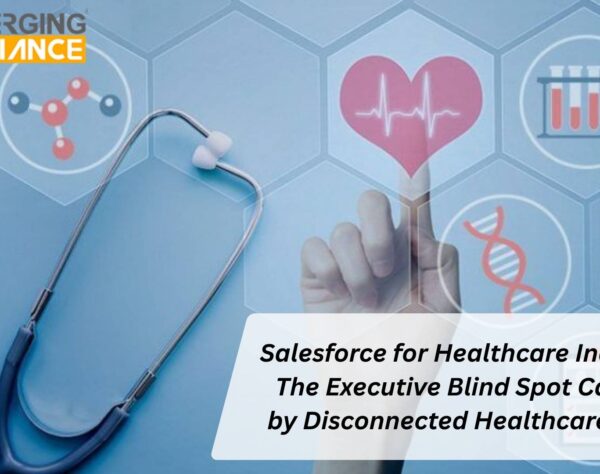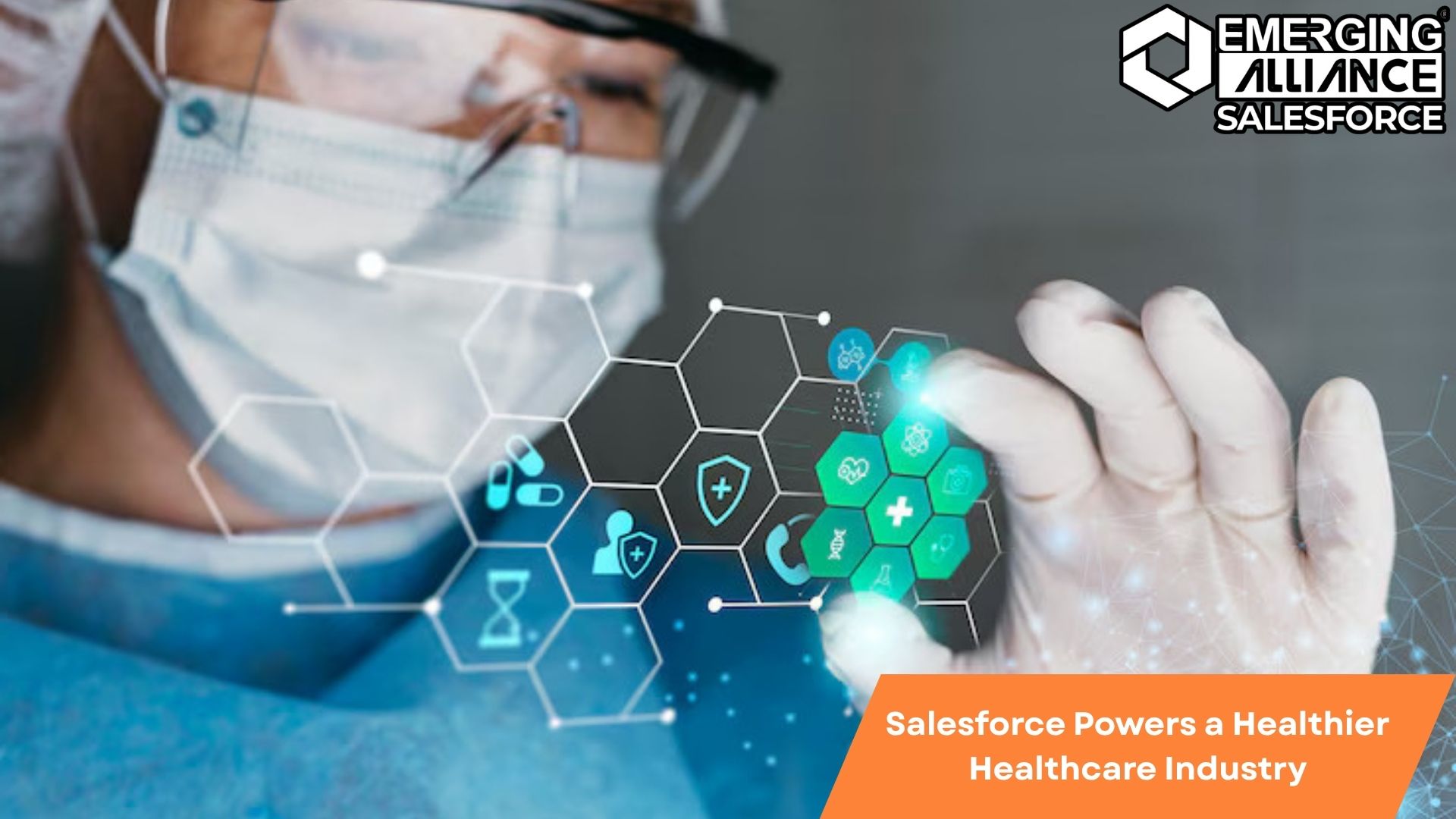
Salesforce Powers a Healthier Healthcare Industry
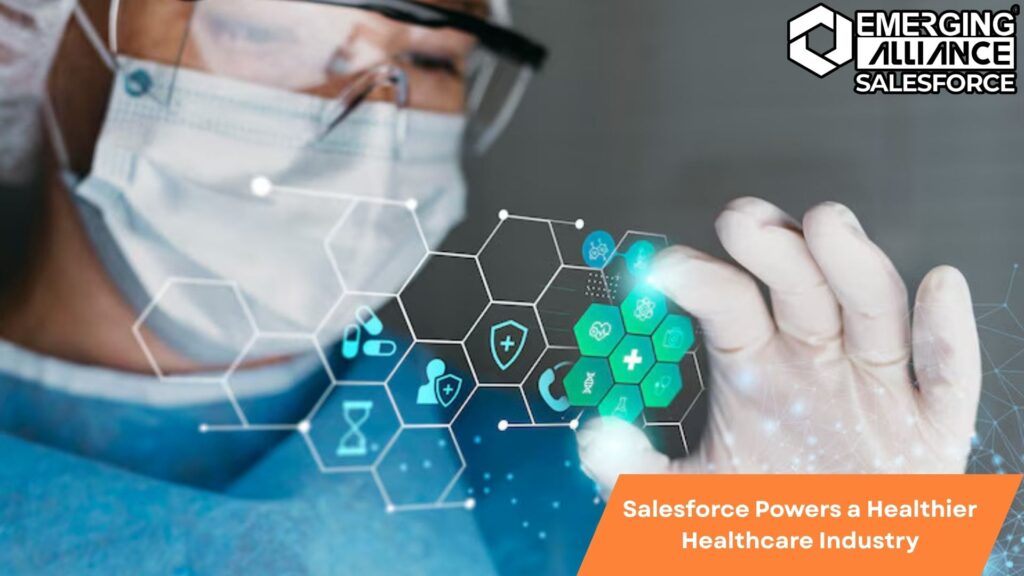
The Digital Pulse of Healthcare: Powered by Salesforce CRM
The healthcare industry is undergoing a digital revolution. With rising patient expectations, complex compliance requirements, and increasing demands for personalized care, healthcare providers need smarter tools to stay ahead. Enter Salesforce CRM—a dynamic, cloud-based platform designed to transform how healthcare organizations manage patient relationships, streamline operations, and improve outcomes.
While many associate Salesforce with traditional sales and marketing functions, its powerful CRM capabilities are revolutionizing the healthcare industry by delivering a 360-degree view of the patient journey.
Why the Healthcare Industry Needs Salesforce CRM
The healthcare industry faces unique challenges, including fragmented data, slow communication across departments, and siloed systems. Salesforce CRM addresses these issues by unifying patient data, enabling real-time collaboration, and providing actionable insights.
Salesforce CRM software empowers providers to:
- Centralize patient information securely
- Track interactions and treatments in real time
- Personalize communication across touchpoints
- Ensure HIPAA-compliant data management
Key Salesforce CRM Features for Healthcare
1. Unified Patient Profiles
Salesforce Health Cloud creates a comprehensive patient profile that includes:
- Demographics
- Medical history
- Appointment records
- Care team details
This unified profile ensures care providers have complete context before making decisions.
2. Real-Time Collaboration
With Salesforce CRM, healthcare teams can:
- Share case updates instantly
- Coordinate across departments and external specialists
- Use Chatter and mobile apps to connect securely
3. Automation and Workflows
Salesforce CRM software automates repetitive tasks such as:
- Appointment reminders
- Patient onboarding
- Insurance verifications
Automation reduces errors and enhances productivity for clinical and administrative staff.
4. Advanced Analytics
Using Salesforce CRM features such as reports and dashboards, providers can:
- Analyze patient satisfaction metrics
- Monitor care quality indicators
- Forecast staffing and resources
5. HIPAA-Compliant Security
Salesforce CRM software includes robust security protocols:
- Role-based access controls
- Audit trails
- Data encryption to protect sensitive health records
Salesforce CRM Integration with Third-Party Apps
Salesforce CRM seamlessly integrates with third-party apps, including:
- Electronic Health Records (EHR) systems
- Telemedicine platforms
- Pharmacy and billing software
- Wearable device data trackers
These integrations allow the healthcare industry to build a connected ecosystem that enhances patient care and streamlines operations.
Common Integrations:
- Epic, Cerner, Allscripts (EHRs)
- Zoom, Doxy.me (Telehealth)
- QuickBooks, FreshBooks (Billing)
- Fitbit, Apple Health (Wearables)
Salesforce CRM Benefits in the Healthcare Industry
Implementing Salesforce CRM in the healthcare industry leads to tangible outcomes:
- Improved Patient Engagement: Personalized outreach improves retention and satisfaction.
- Increased Operational Efficiency: Streamlined workflows reduce delays and manual errors.
- Enhanced Coordination: Shared data allows better collaboration between departments.
- Faster Decision-Making: Real-time access to patient insights enables proactive care.
- Scalable Platform: As the organization grows, Salesforce CRM scales without compromising performance.
Use Case: A Multispecialty Hospital Network
A leading hospital network integrated Salesforce CRM software to improve coordination among its departments. Using Health Cloud and integrations with existing EHR systems, the organization achieved:
- 30% improvement in appointment scheduling efficiency
- 25% increase in patient follow-up rates
- Real-time tracking of patient satisfaction scores
The result was a significant enhancement in overall care delivery.
Choosing the Right Salesforce Partner
To make the most of Salesforce CRM, healthcare organizations should partner with an experienced Salesforce implementation expert. The right partner will:
- Customize workflows for your specific operations
- Ensure secure data migration and HIPAA compliance
- Provide training and ongoing support
Future of Healthcare with Salesforce CRM
As digital healthcare continues to evolve, Salesforce CRM is positioned to drive innovation in areas like AI-driven patient insights, predictive analytics, and virtual care management. By centralizing data and enabling real-time collaboration, Salesforce CRM is helping the healthcare industry move toward more personalized, value-based care models.
FAQs
1. Can Salesforce CRM work with existing EHR systems in hospitals?
Yes, Salesforce CRM integrates seamlessly with EHR platforms like Epic and Cerner to centralize patient data.
2. How does Salesforce CRM improve care team coordination?
It enables real-time collaboration tools and shared patient records, ensuring everyone is on the same page.
3. Is Salesforce CRM HIPAA compliant for healthcare use?
Yes, Salesforce CRM includes HIPAA-compliant features such as access controls and audit trails.
4. What kind of data can be tracked using Salesforce CRM in healthcare?
You can track medical history, appointment logs, medication, and real-time engagement metrics.
5. How does Salesforce CRM benefit administrative healthcare staff?
It automates scheduling, patient intake, and insurance verification tasks, saving time and reducing errors.
6. Can Salesforce CRM be used in small clinics or only large hospitals?
Salesforce CRM is scalable and works well for both small practices and large networks.
7. What are the main Salesforce CRM features for healthcare providers?
Unified profiles, automation, collaboration tools, analytics, and integration capabilities.
8. How does Salesforce CRM support telehealth services?
It integrates with telehealth platforms and tracks virtual consultations and follow-ups.
9. Can Salesforce CRM connect with wearable health devices?
Yes, it integrates with platforms like Apple Health and Fitbit to capture real-time health data.
10. What’s the difference between Salesforce CRM and a typical hospital management system?
Salesforce CRM focuses on relationship management, engagement, and operational workflows, while HMS systems primarily manage core hospital operations.



